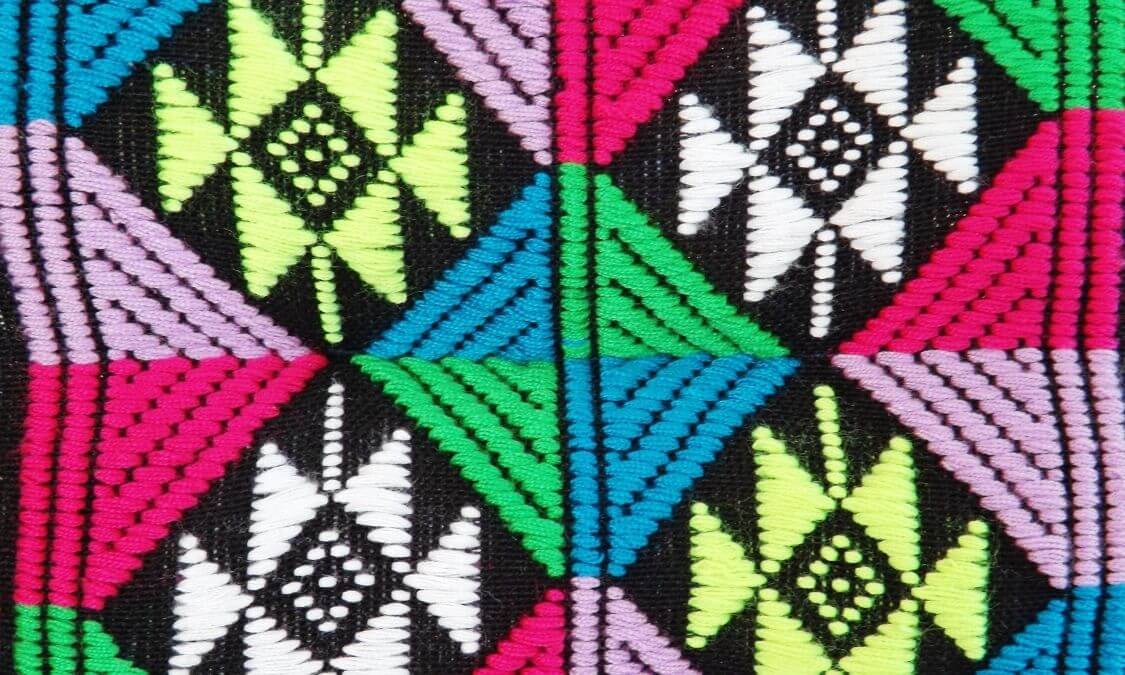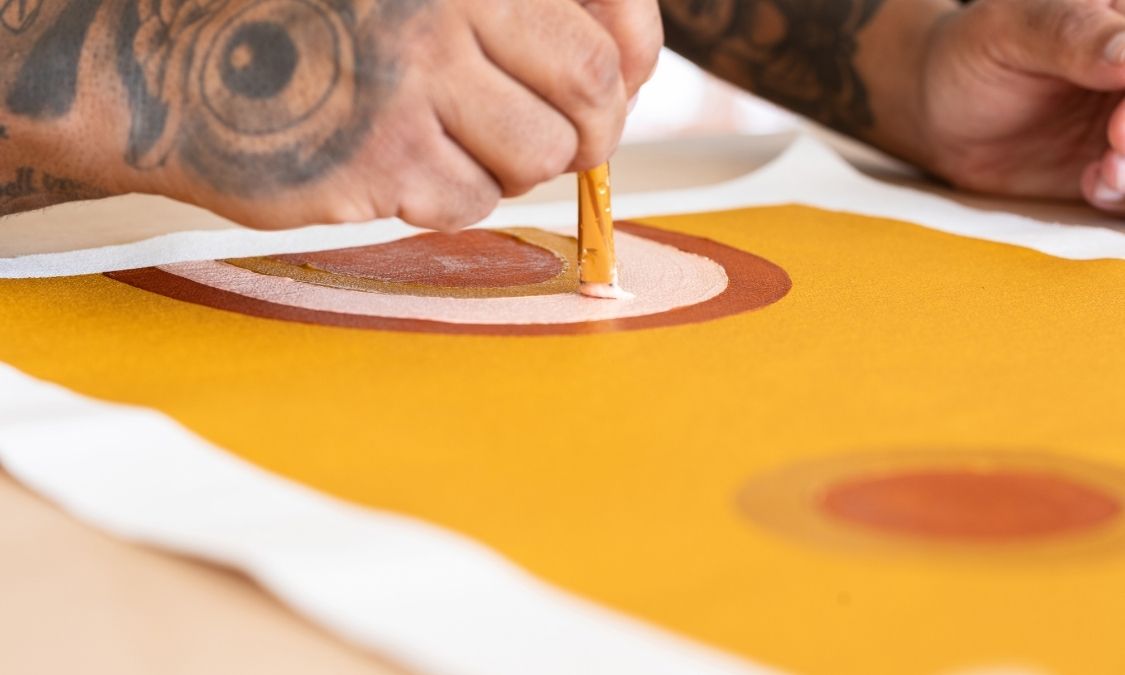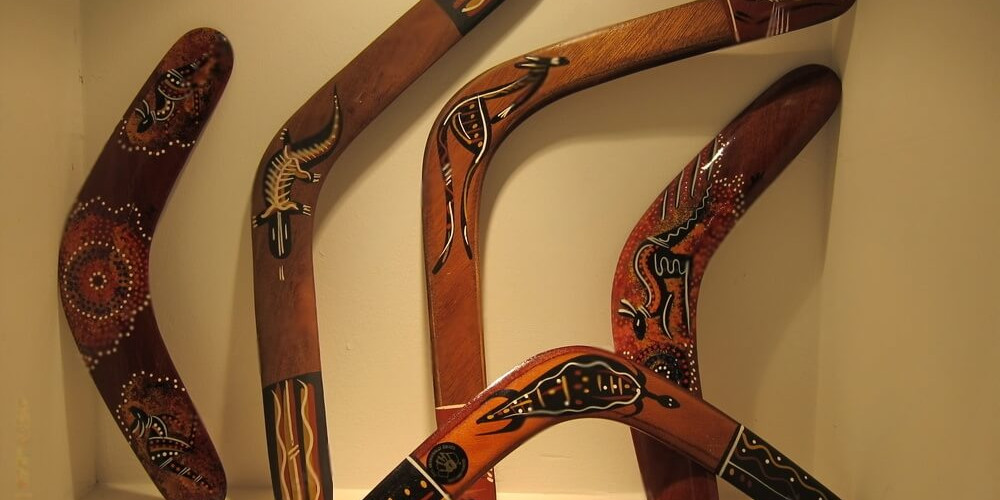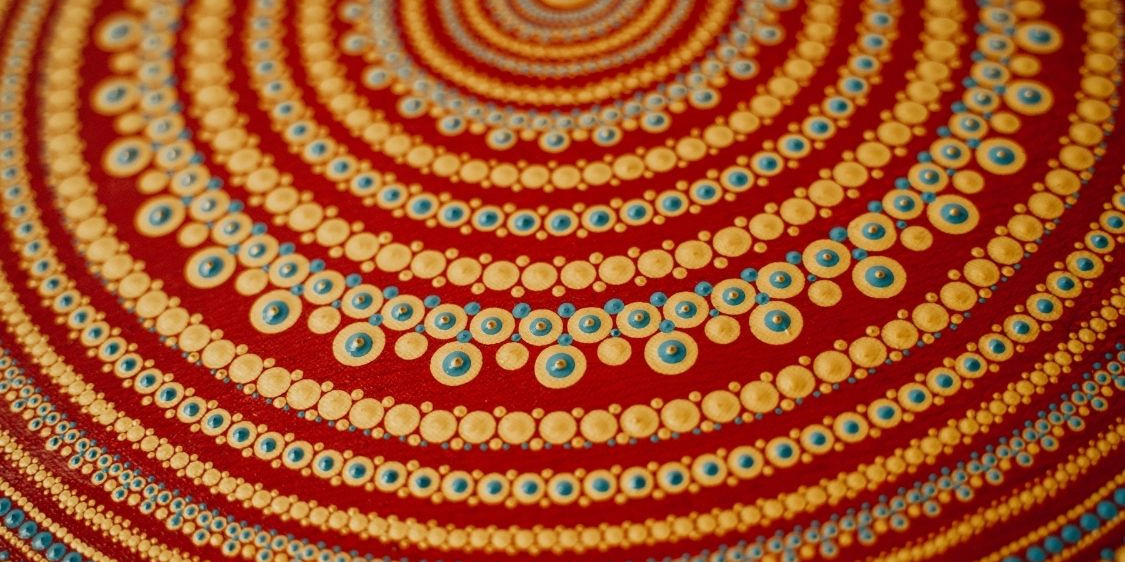Aboriginal art is more than a visual experience—it’s a living expression of culture, Country, and spiritual law. But behind the beauty of a dot painting or wood carving lies a critical question: Was this work created and sold ethically?
At Maruku Arts Gallery, we represent over 900 artists from the Central and Western Deserts. For us, ethical art is non-negotiable. It protects culture, respects artists, and ensures that collectors like you are supporting genuine, sustainable Indigenous creativity—not exploitation.
Here’s why ethical buying matters, and how to make informed, respectful choices as a conscious collector.
The Problem: Exploitation in the Aboriginal Art Market
Unfortunately, the demand for Aboriginal art has given rise to widespread misrepresentation, underpayment, and cultural theft.
Common unethical practices include:
- Fake artworks made by non-Indigenous artists or mass-produced overseas
- Art dealers underpaying artists, offering food, alcohol, or a pittance for high-value pieces
- No artist attribution, meaning the original creators receive neither recognition nor royalties
- Cultural appropriation, where sacred stories or styles are copied without permission
This is not just bad business—it is a direct attack on cultural sovereignty.
What Is Ethical Aboriginal Art?

Ethical Aboriginal art is created with:
- Free, informed consent from the artist
- Proper cultural permissions to paint certain stories or symbols
- Fair payment and royalties to the artist
- Transparency around provenance and storytelling
- Respect for sacred knowledge—some stories are not for public sale
At Maruku Arts, every piece we sell meets these standards. Our artists are Anangu people, creating works with deep roots in Tjukurpa (Ancestral Law), and we operate as a not-for-profit Aboriginal-owned corporation.
Why It Matters—For Artists, Communities, and Culture
1. Supports Indigenous Livelihoods
Art is not just cultural—it’s economic. For many artists in remote desert communities, art sales are a primary source of income. Ethical sales help fund:
- Food and housing
- Education for young people
- Health services
- Cultural programs and intergenerational teaching
2. Protects Cultural Ownership
Only artists with the correct lineage and permission can paint certain stories. Buying ethically ensures that sacred knowledge stays with the rightful custodians.
3. Preserves Language and Law
Every authentic piece is an act of resistance against cultural erasure. Dot paintings, carvings, and weavings all keep stories alive—on canvas, in community, and across generations.
4. Gives Meaning to Your Purchase
When you buy ethically, you’re not just purchasing artwork. You’re becoming part of a shared cultural responsibility—to protect, respect, and preserve the oldest living culture on Earth.
How to Know You’re Buying Aboriginal Art Ethically
Here’s what to look for before you buy:
| Checklist | Description |
|---|---|
| Artist Attribution | Full name, bio, and community of the artist |
| Certificate of Authenticity | Issued by the gallery or art centre |
| Cultural Context | Explanation of the story, symbols, and permissions |
| Direct Payment | The artist receives fair compensation, not middlemen |
| Indigenous-Owned Business | Prioritise buying from Aboriginal-owned organisations |
Avoid tourist traps, gift shops with anonymous designs, or artworks sold with no documentation.
Buy with Confidence at Maruku Arts Gallery

Every piece you buy from Maruku Arts Gallery is:
- Created by Aboriginal artists with cultural authority
- Ethically sourced with full artist payment
- Accompanied by the artist’s story and bio
- Sold through a not-for-profit, Aboriginal-owned business
From intricate punu (wood carvings) to detailed dot paintings, each work you collect supports both the artist and the future of their culture.
Final Thoughts: Conscious Collecting Is Cultural Respect
Buying Aboriginal art isn’t just a transaction—it’s a relationship. A commitment to respect, preservation, and ethical engagement. Every ethical purchase is a stand against exploitation and a step toward reconciliation.
At Maruku Arts, we invite you to collect with intention. Support the artist. Honour the story. Respect the law.



